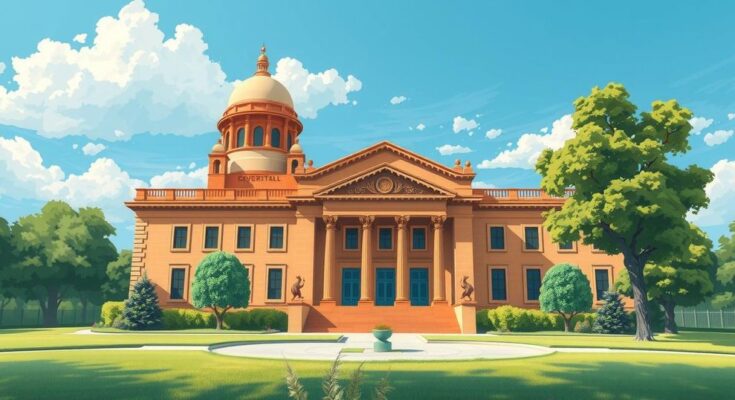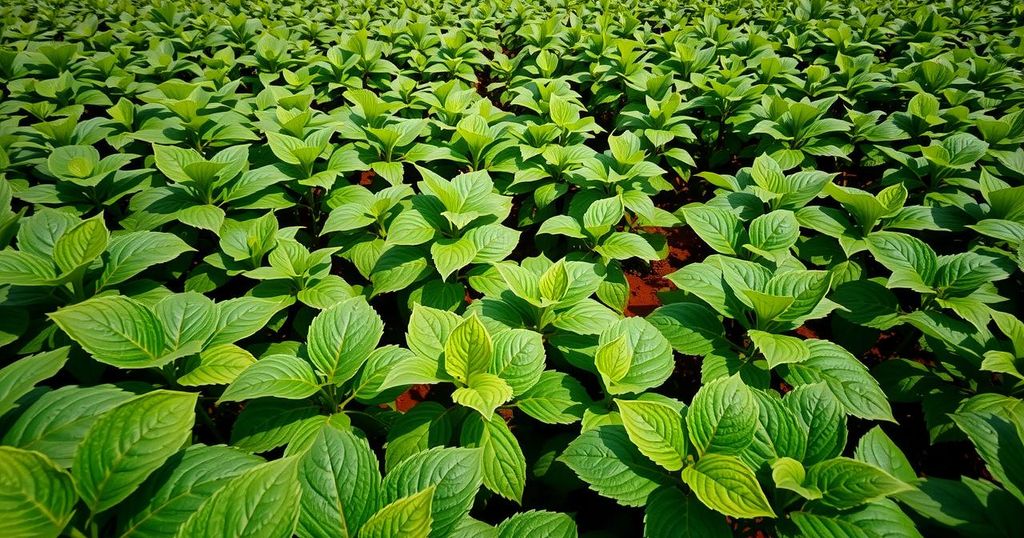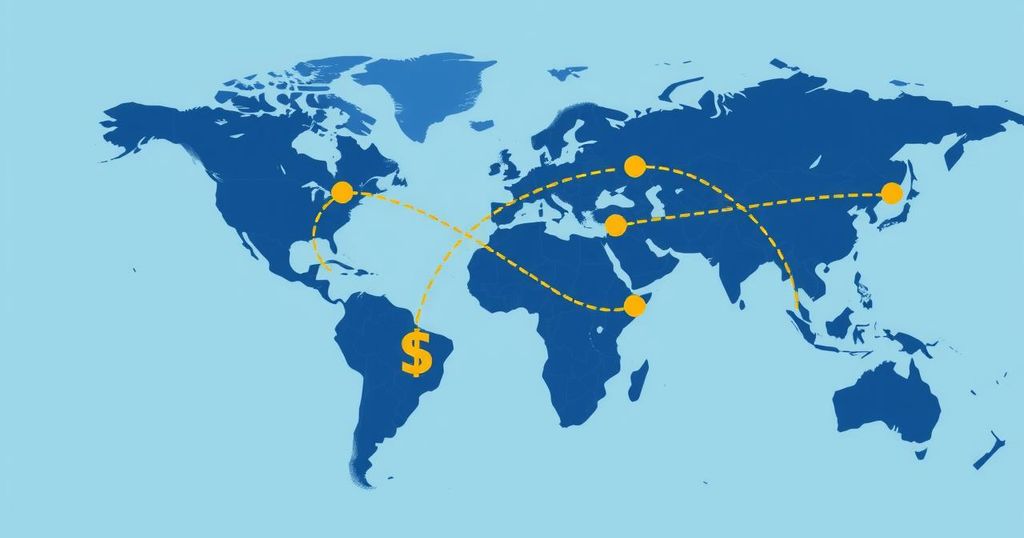President John Mahama’s government announced the 2025 budget totaling GHS 290 billion, eliminating several taxes including the betting tax and COVID-19 levy. Significant allocations are made for infrastructure and healthcare while a goal of 4.4% economic growth is projected. The administration emphasizes reducing government size and enhancing revenue through technology-driven road tolls.
In his initial budget presentation for the 2025 fiscal year, President John Mahama’s government, represented by Finance Minister Dr. Casiel Ato Forson, has outlined plans to stimulate the Ghanaian economy. The ambitious budget totals GHS 290 billion ($19 billion), reflecting a comprehensive approach to revitalize various sectors. Key aspects of this budget include the abolishment of taxes deemed burdensome by citizens, including a 10% betting tax, a 1% COVID-19 levy, and electronic transaction levies, fulfilling campaign promises made by the ruling party.
Dr. Forson emphasized that the budget is aimed at “resetting the country’s economy” after previous governance challenges, promoting it as a budget of growth and prosperity. Significant allocations have been made across various sectors, notably GHS 13.85 billion ($894 million) designated for infrastructure development and GHS 9.9 billion ($641 million) for health care to enhance the National Health Insurance Scheme, which provides free health services to citizens.
Other notable allocations include GHS 3.5 billion ($226 million) for the free senior high school policy and GHS 292.4 million ($19 million) for distributing free sanitary pads to female students. The budget also establishes funding to support victims of natural disasters, alongside investments in educational programs and infrastructure, showcasing the government’s focus on social welfare and sustainability.
Further, road tolls, which were previously abolished, will be reinstituted through electronic payment systems to enhance revenue. This policy is intended to streamline collection processes and improve transparency. Additionally, President Mahama’s assertion to minimize government size, limiting appointments to 60 ministers, is designed to reduce expenditure and enhance efficiency.
The government forecasts a growth rate of 4.4% for the upcoming fiscal period, supported by strategic macroeconomic reforms and revenue enhancements. Dr. Forson has indicated a future initiative titled “24-hour economy policy” to extend business operations, thereby fostering job creation. This multifaceted budget aims to revitalize Ghana’s economic landscape by implementing foundational changes while prioritizing key social initiatives.
In conclusion, President John Mahama’s first budget for 2025 highlights a strategic effort to rejuvenate the Ghanaian economy through the eliminations of various taxes, significant allocations for infrastructure and health services, and a commitment to reducing government expenditure. As the government aims for a growth target of 4.4% and the reinstitution of road tolls via technology for better revenue management, the focus remains on fostering societal welfare and economic recovery amidst previous governance challenges. The multifaceted approach encapsulated in this budget serves as a precursor to the administration’s long-term vision for sustainable development in Ghana.
Original Source: www.bbc.com




